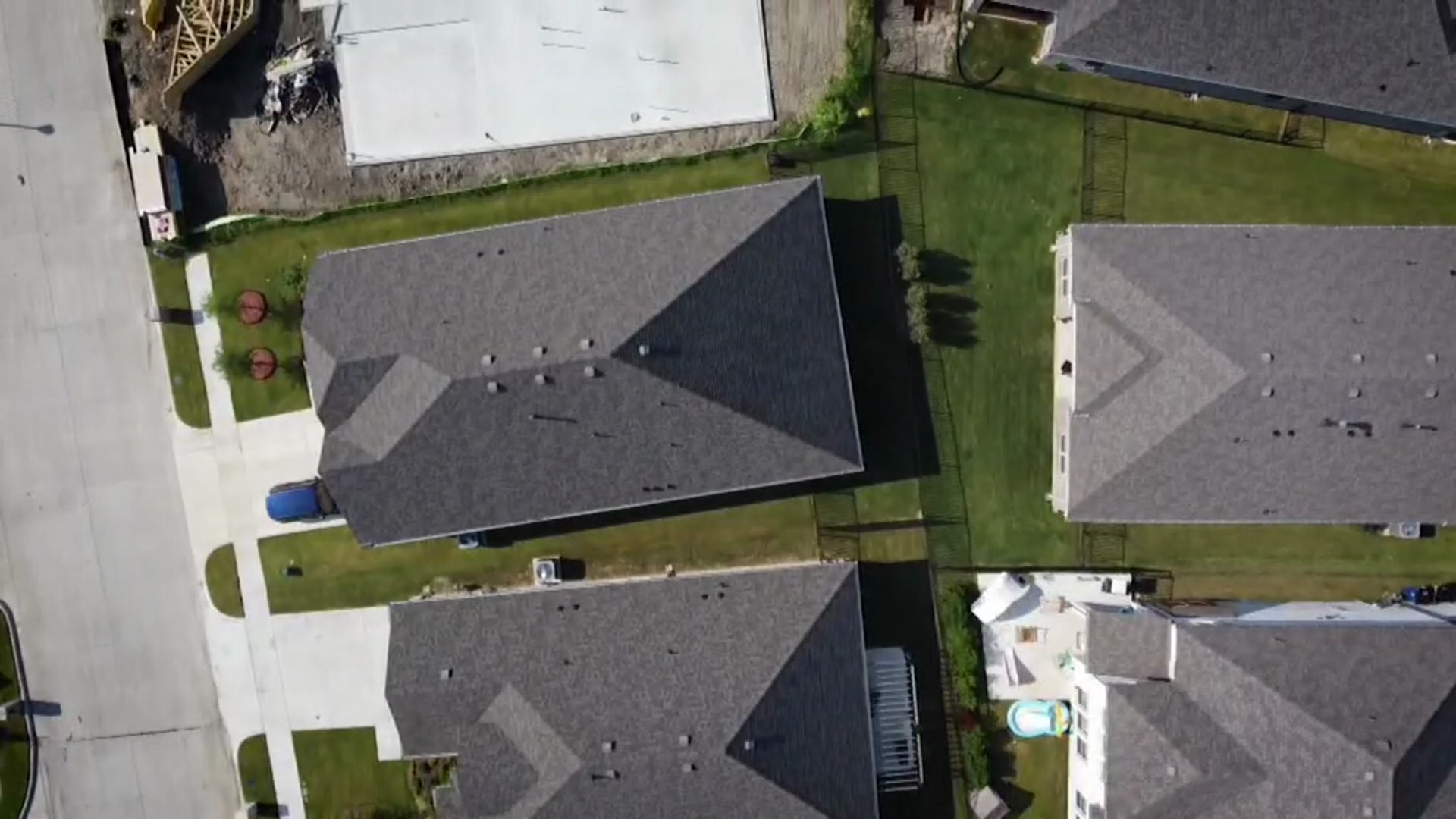Rick Herring is among three generations that have lived in the Riverside area of Fort Worth.
“You can’t beat the charm of the neighborhoods and the homes, and the convenience. We’re so close to downtown, we’re close to each of the major freeways," said Herring, who is president of the Carter Riverside Neighborhood Association, a group that is also part of the Riverside Alliance, a coalition of seven neighborhood associations in the area.
It's why he's lived in his neighborhood his whole life.
“I went to school across the street, so I tell my friends I haven’t made it very far in life," he laughed.
Get DFW local news, weather forecasts and entertainment stories to your inbox. Sign up for NBC DFW newsletters.
It's also a Neighborhood Empowerment Zone, or NEZ, areas where the city offers incentives to promote growth.
"It certainly helps attract developers, investors, business owners," Herring said.
Right now, home developers can apply for a five-year tax abatement if they build in NEZs, as long as they set aside 20% of their units as affordable housing (defined by HUD based on area median family income) for five years, or pay $200 per unit in their development, for five years.
Local
The latest news from around North Texas.
But there's been a problem with that policy, said Sarah Odle, Fort Worth's Neighborhood Development Coordinator.
“No developer that has applied for a tax abatement has opted to do the set-aside since 2015," she said.
She said there have been five developments, each opting to pay the fee instead of setting aside affordable units.
The fees are supposed to go toward building affordable housing in other areas, but: “The cost of construction has gone up so much that $200 per unit doesn’t build anything. Doesn’t build enough affordable housing," Odle said. "And even if we raised that amount, it still wouldn’t provide a comparable amount of affordable housing.”
City council members are set to vote on whether to remove the pay-out option altogether, which would require developers to set aside affordable housing if they want tax breaks.
NBC 5's Tahera Rahman asked if this may deter developers from building in NEZs, altogether.
"It may," she said. “I don’t think it’ll be a great deterrent, I think it’s just going to be something else that they have to take into consideration."
Odle said the requirement would help ensure that people can find affordable housing in different developments, instead of in clusters.
"We want to integrate affordable housing in every area of our city. We don’t want to concentrate poverty areas, that’s why the NEZ areas were put in place, to help lift those up," she said.
But Herring thinks it will have the opposite effect.
“The long-term effect could be that you’re concentrating affordable housing in these already somewhat distressed areas," he said.
While he thinks the proposed policy change is a good idea, he thinks the policy should be applied across the city, not just in NEZs.
“They should be not concentrated and spread around the city more equitably," he said.
City council is set to vote on the proposed code amendment at its Jan. 23 meeting. If passed, it would go into effect immediately for any new project applications. Projects already in the pipeline would not be affected.



